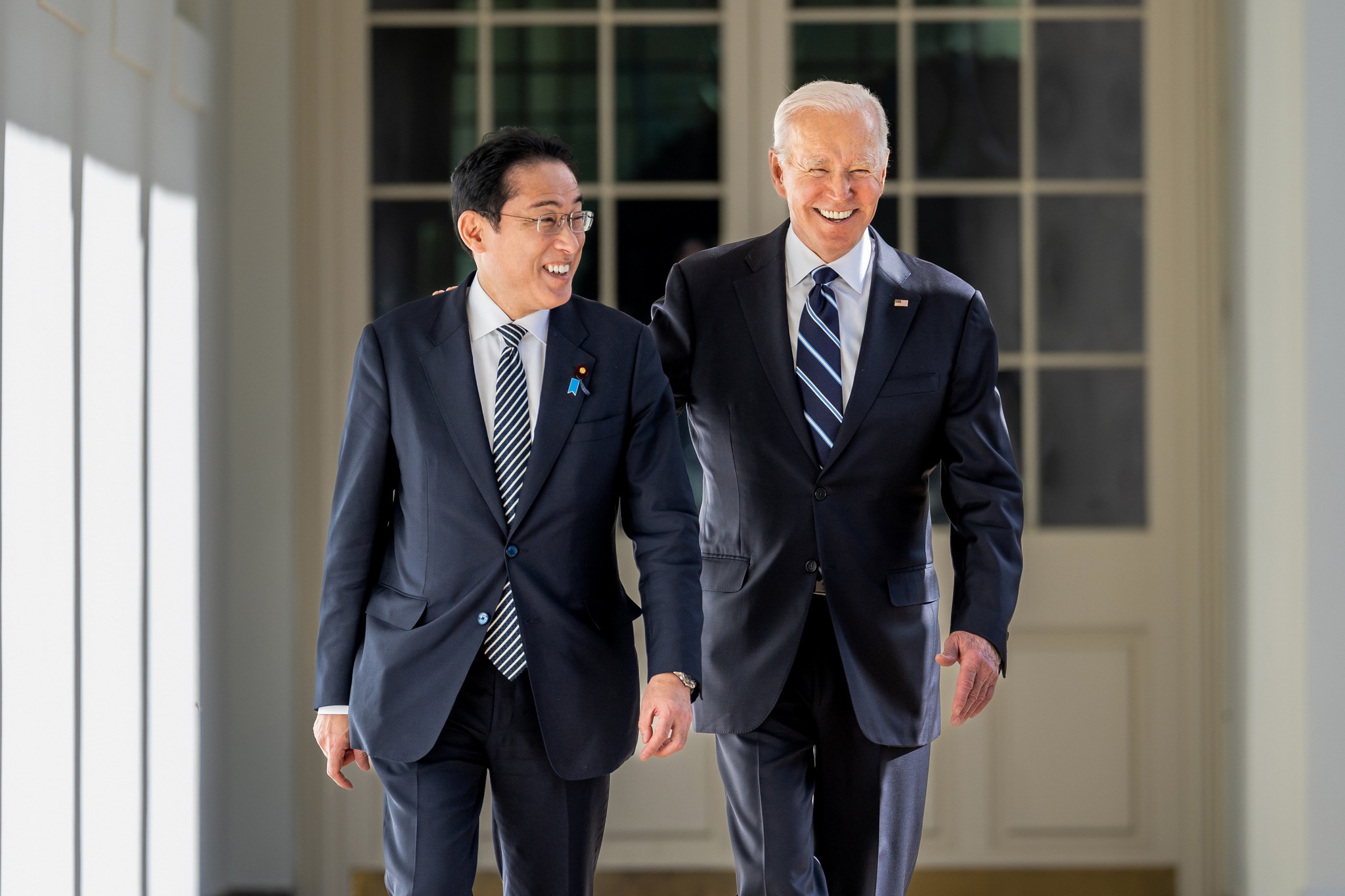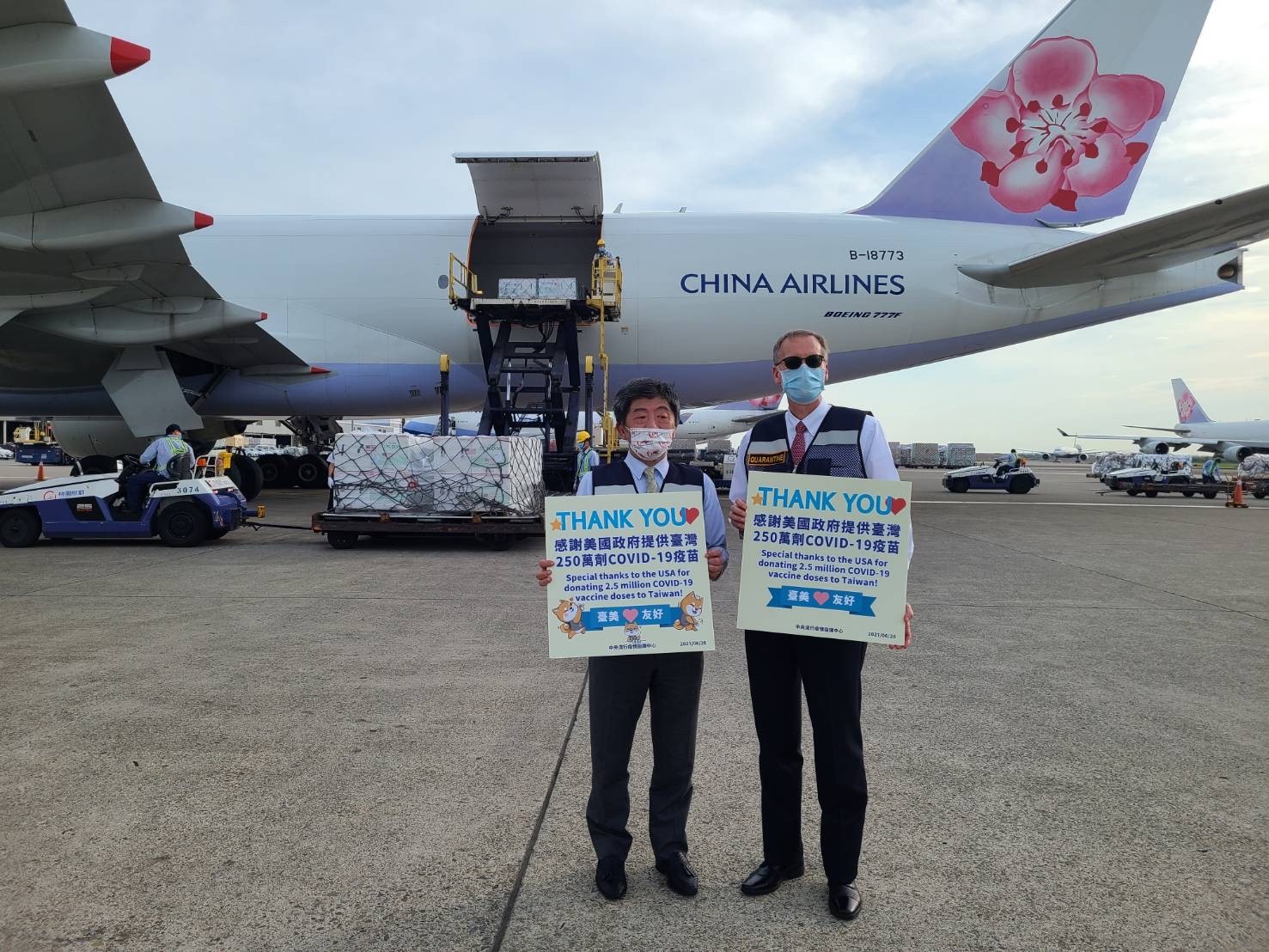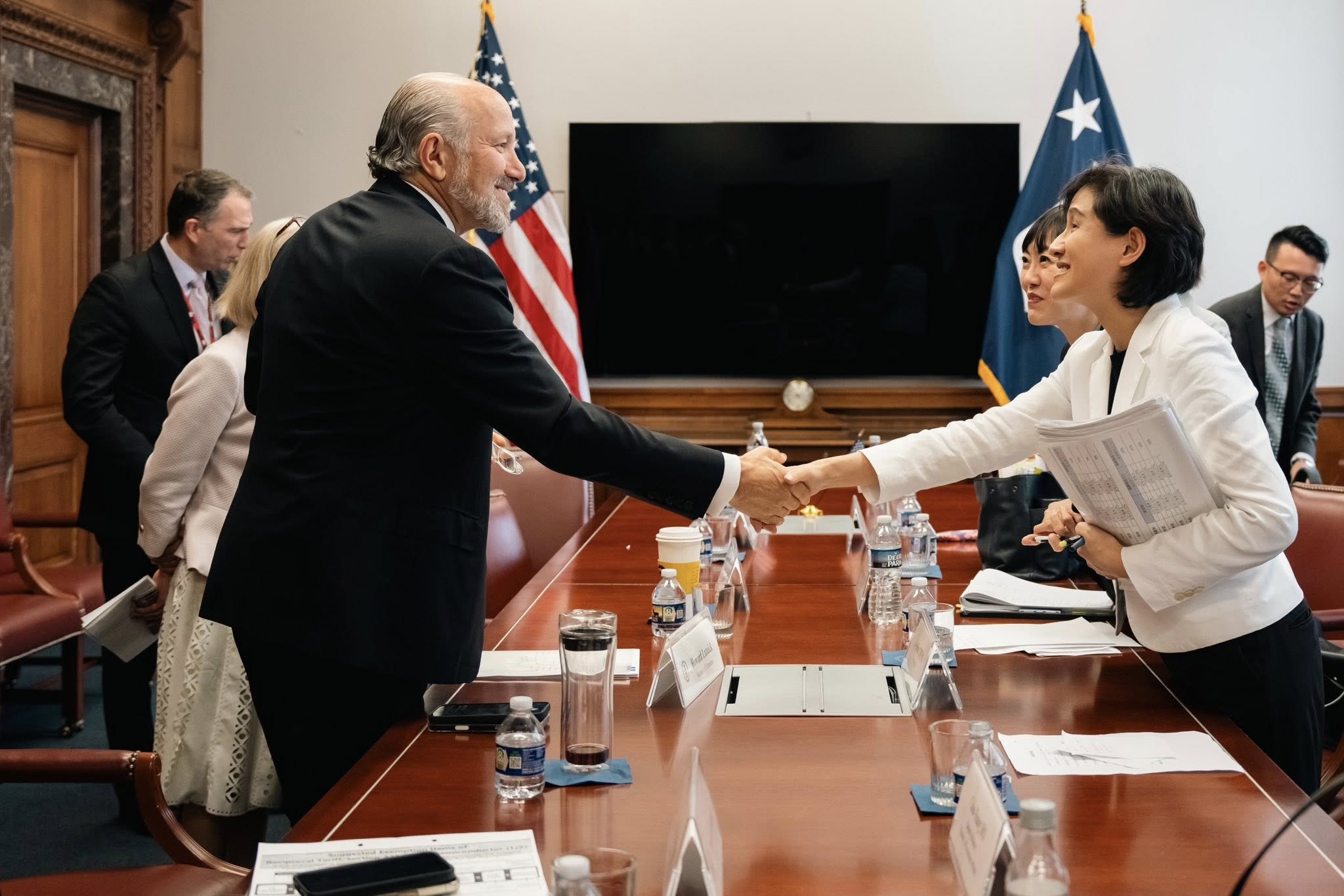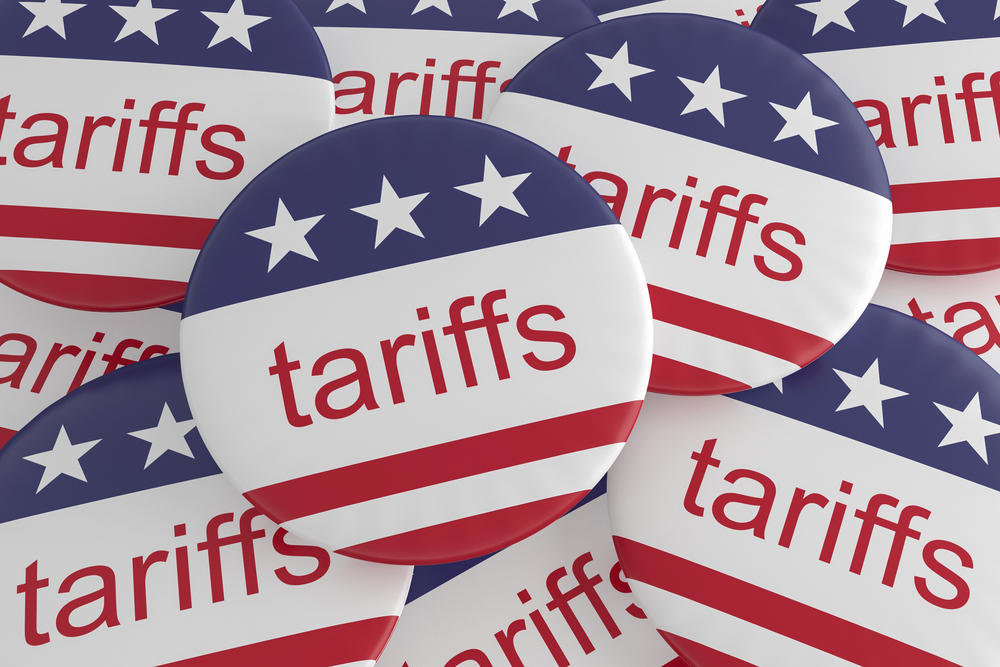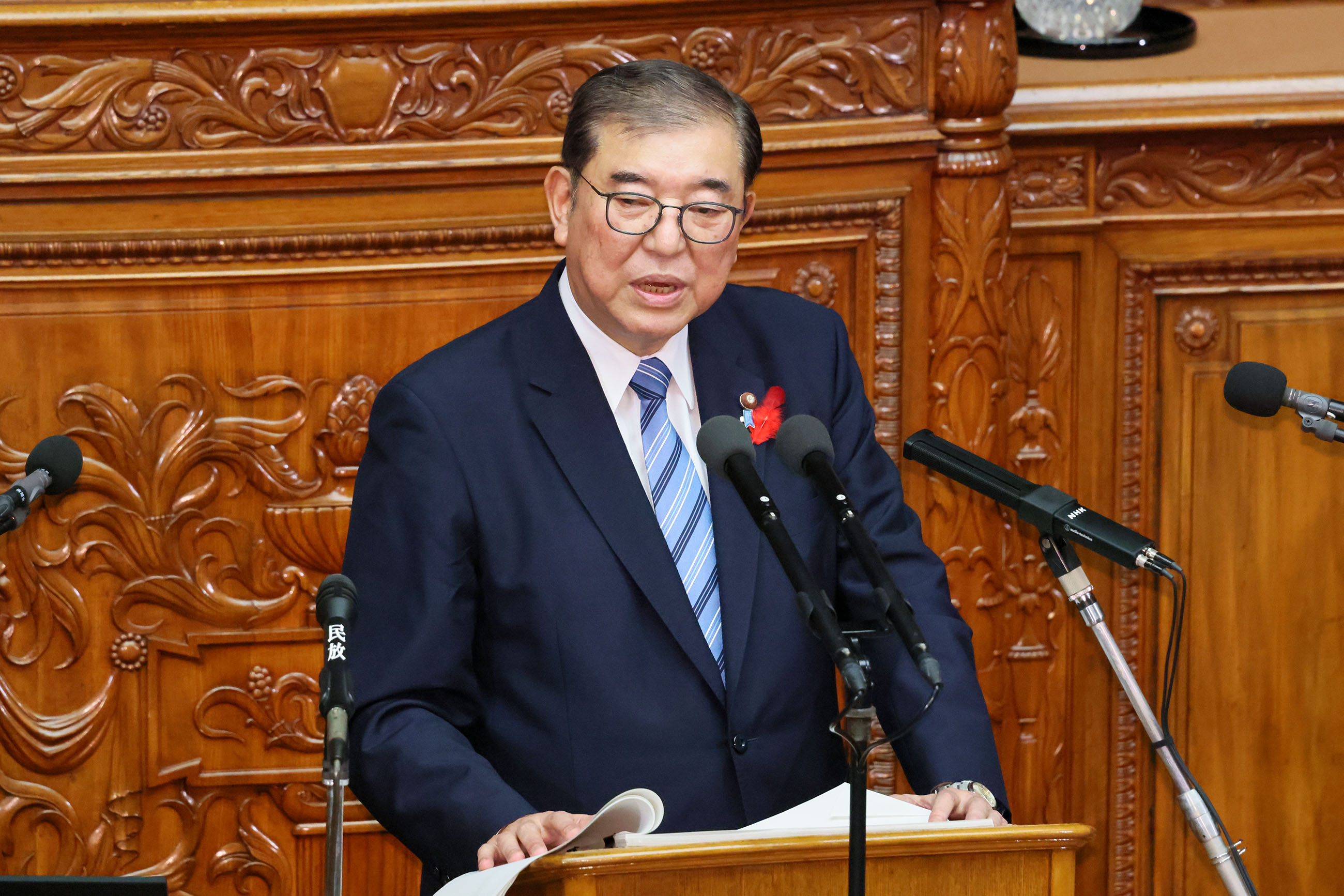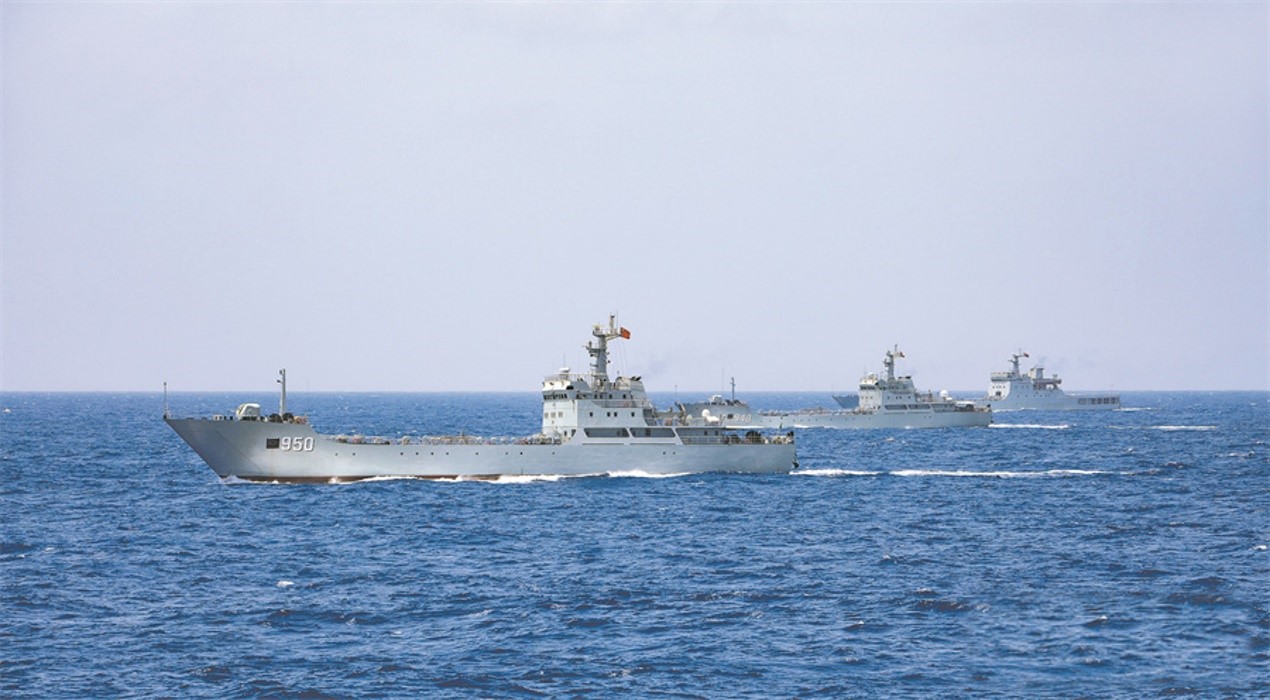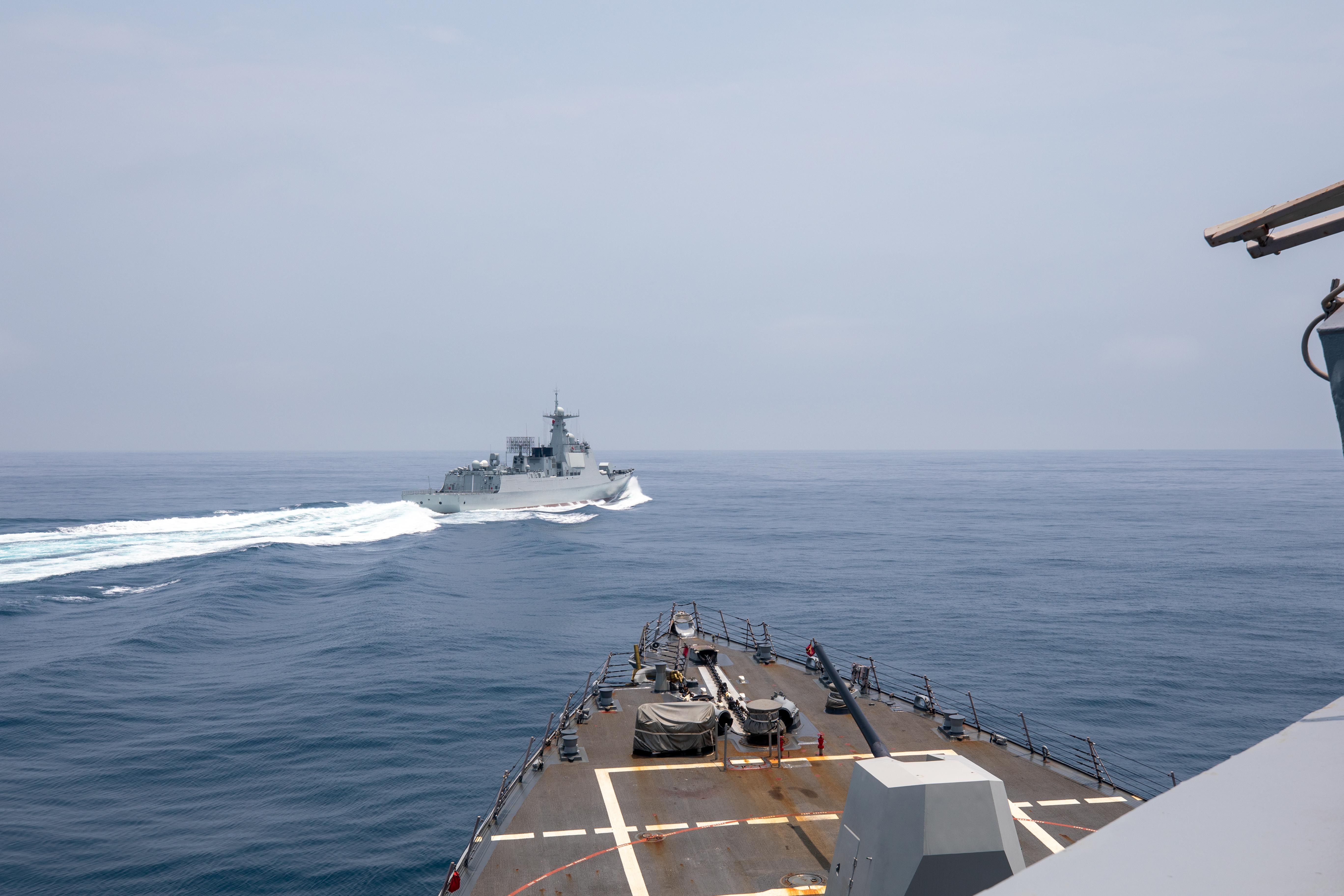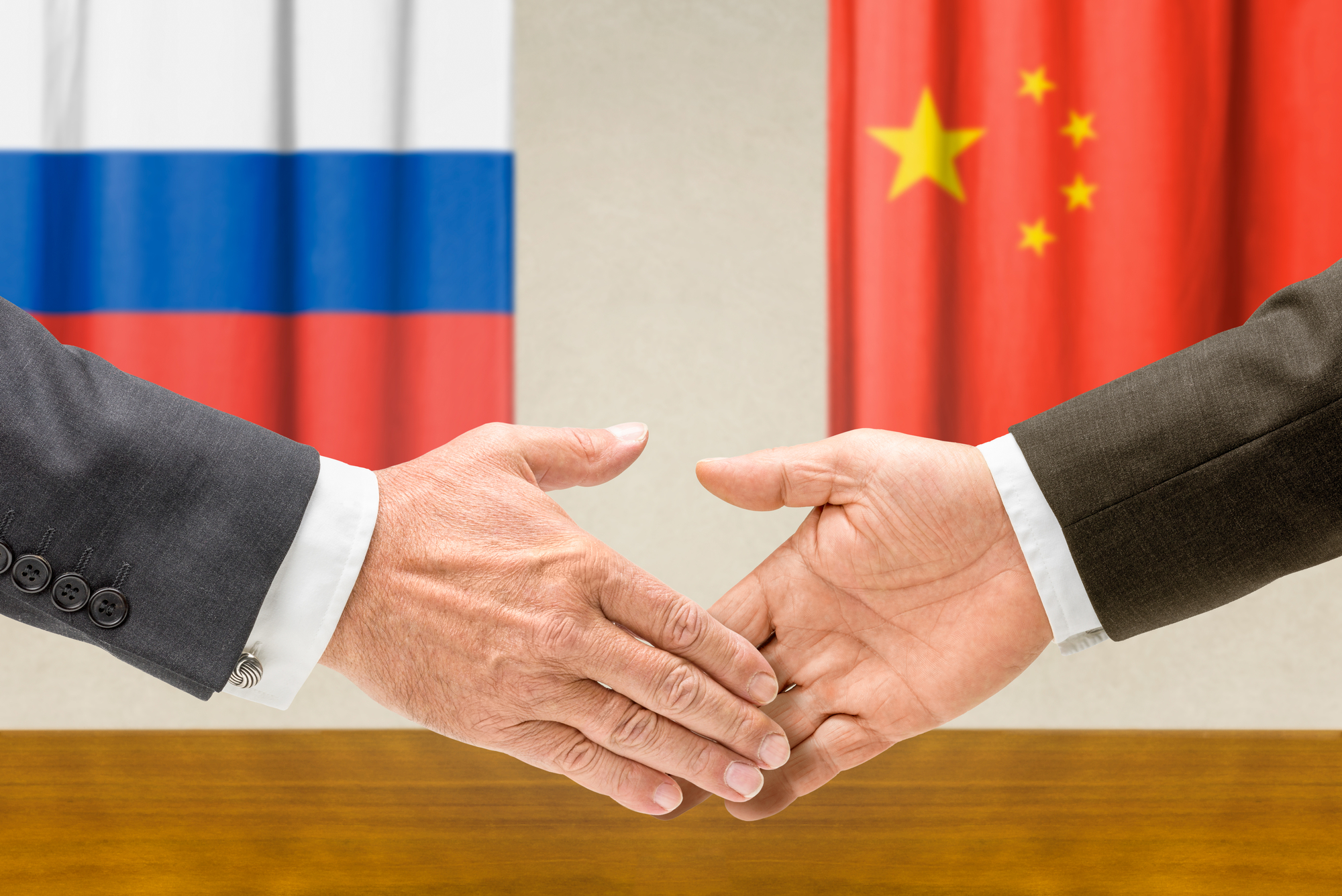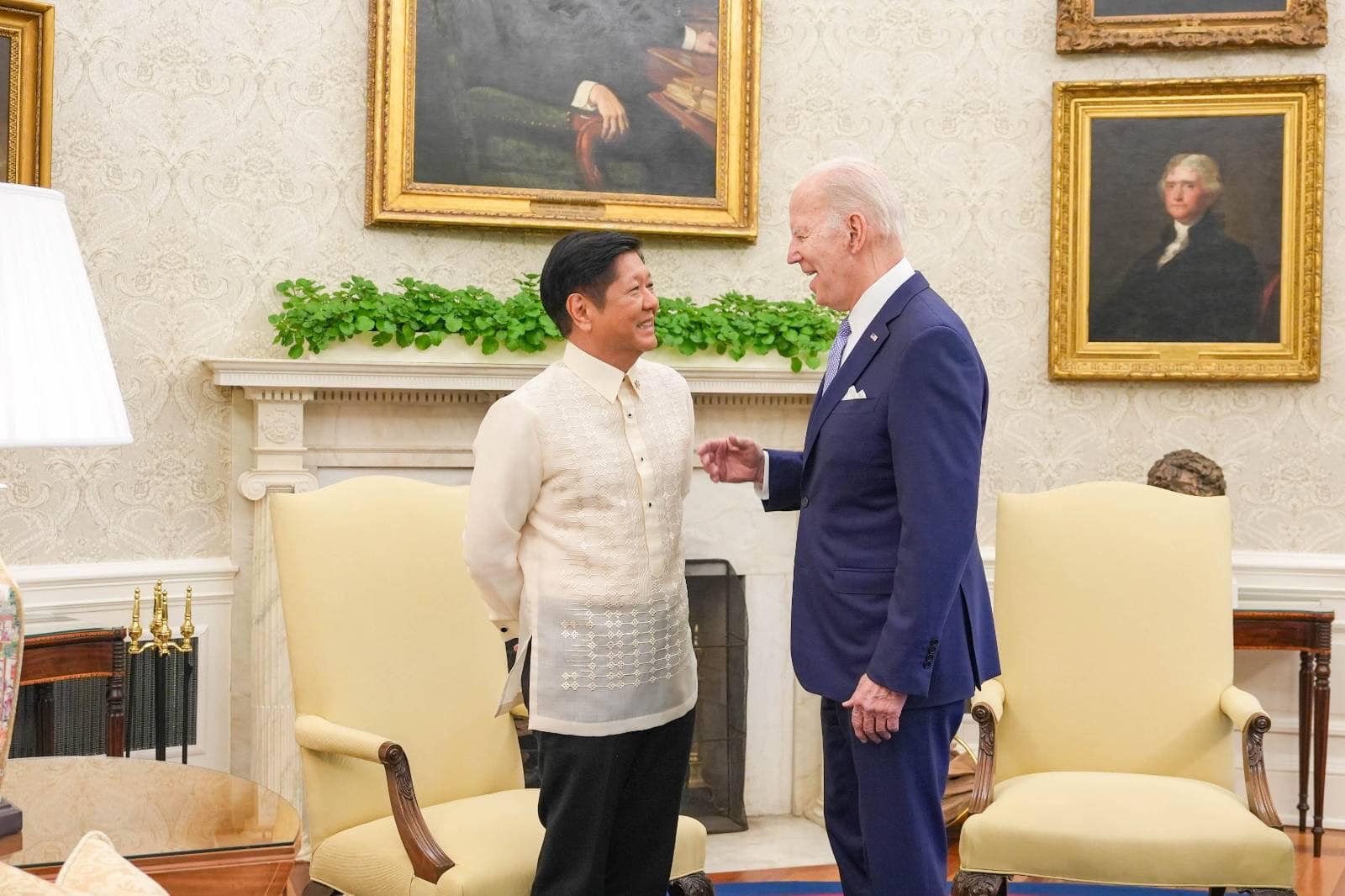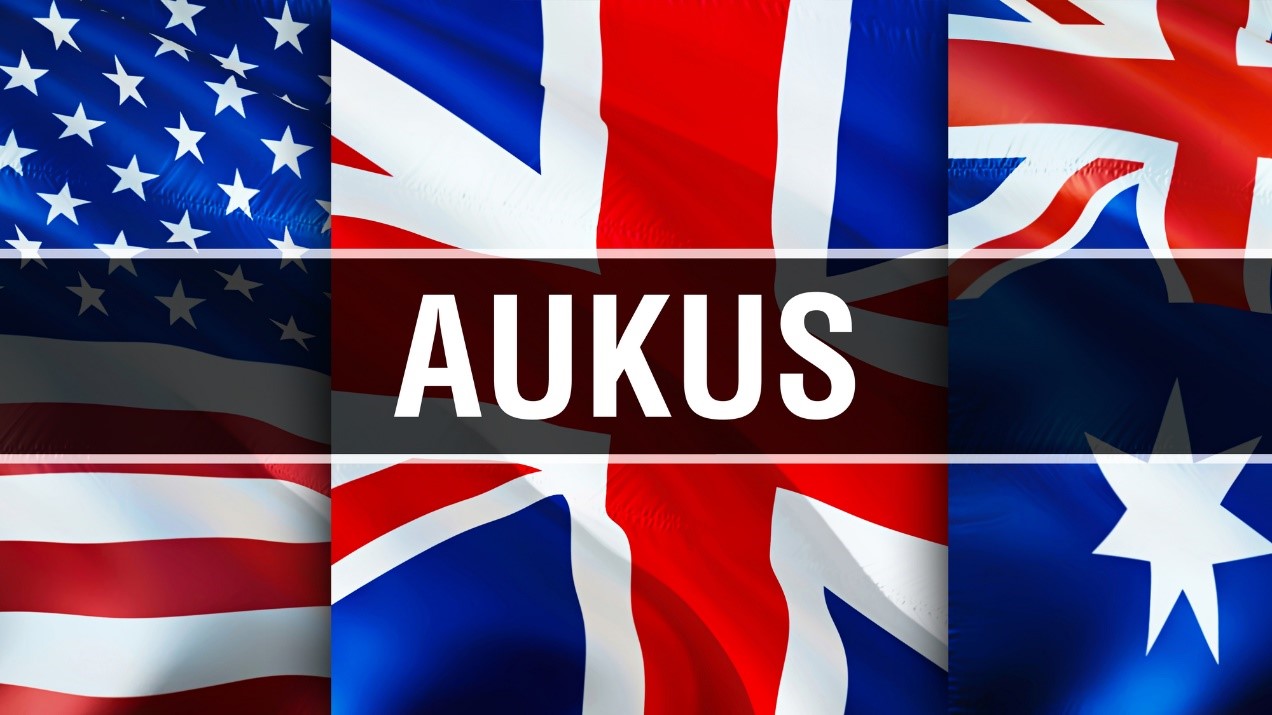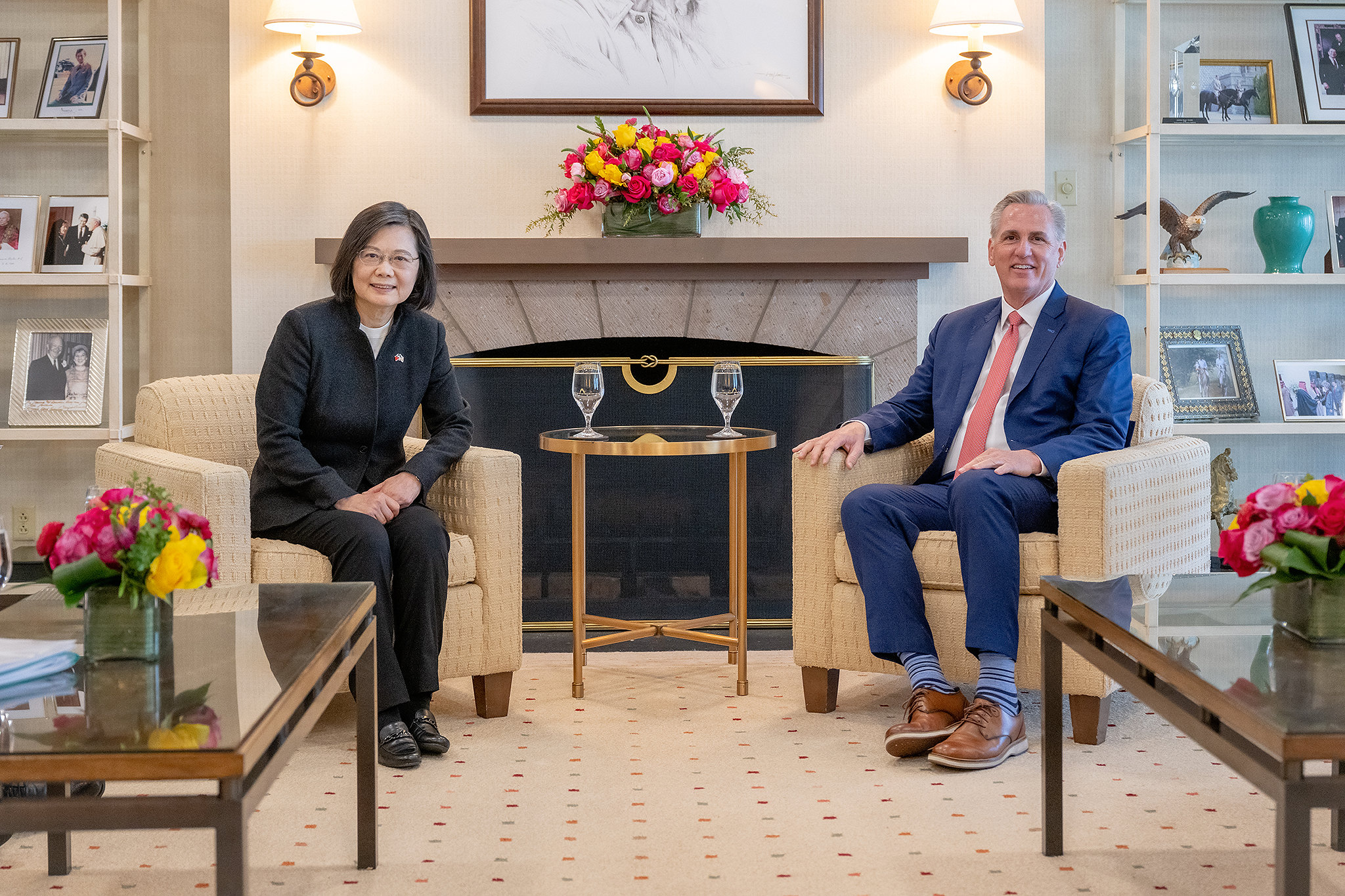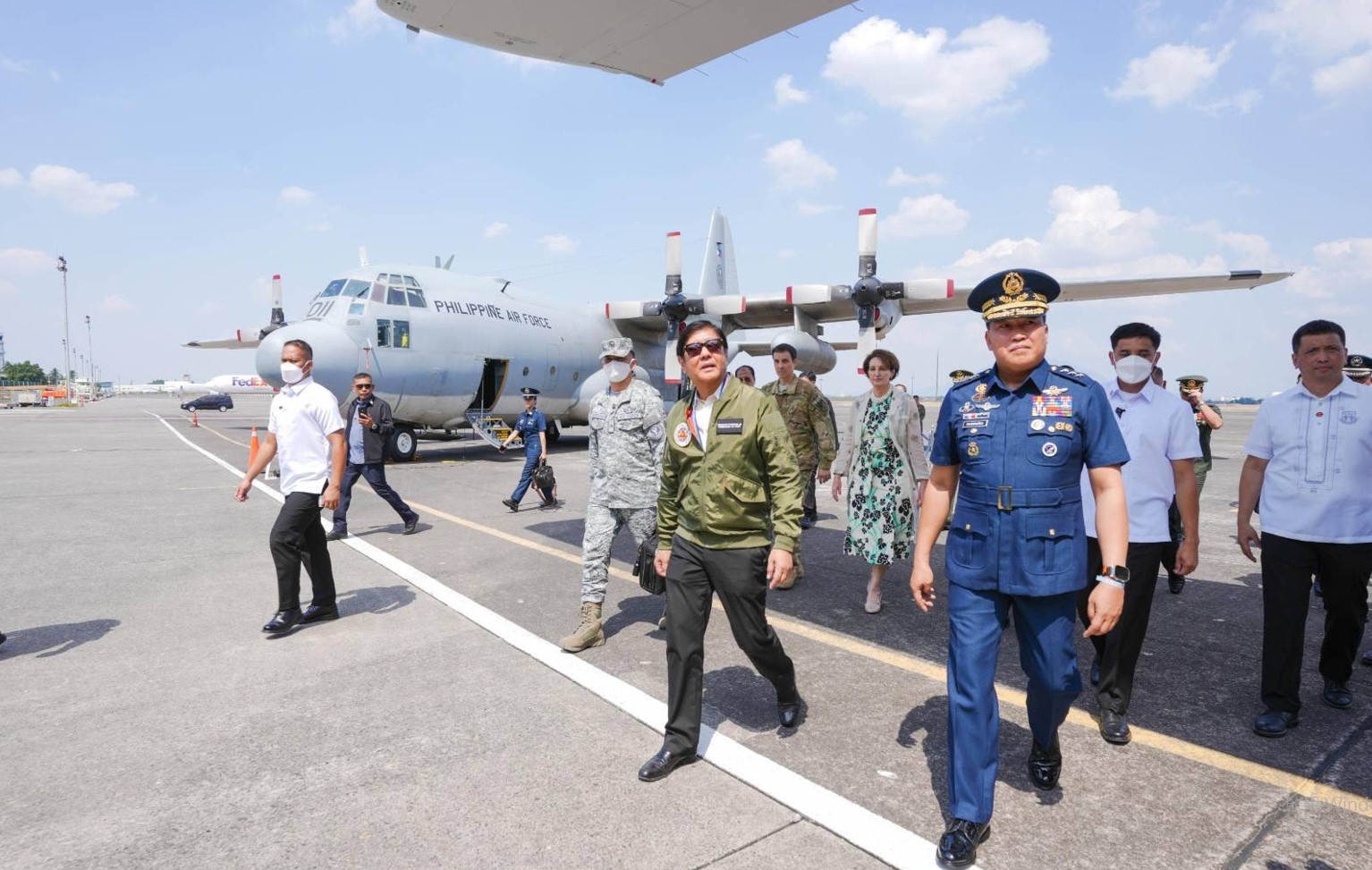The US-Japan Leaders’ Summit Statement and the Security Situation in the Taiwan Strait
Since January 9, Japan Prime Minister Fumio Kishida has visited France, Italy, the United Kingdom and Canada. After securing a consensus on the Taiwan Strait with those countries, Kishida held a summit meeting with President Biden on January 13 and issued a statement reiterating that “peace and stability in the Taiwan Strait are indispensable elements of international security and prosperity.”
Picture source: The White House, January 14, 2023, Facebook, https://www.facebook.com/photo.php?fbid=505136945133764&set=pb.100069123883596.-2207520000.&type=3.
The US-Japan Leaders’ Summit Statement and the Security Situation in the Taiwan Strait
Prospects & Perspectives No. 8
By Wen-chia Chen
Japan is the rotating chair of the Group of Seven (G7) and a non-permanent member of the United Nations Security Council in 2023. Since January 9, Prime Minister Fumio Kishida has visited France, Italy, the United Kingdom and Canada. After securing a consensus on the Taiwan Strait with those countries, Kishida held a summit meeting with President Biden on January 13 and issued a statement reiterating that “peace and stability in the Taiwan Strait are indispensable elements of international security and prosperity.” This was a continuation of the central theme of the U.S.-Japan summit on “regional security in the Taiwan Strait,” following statements made at the first U.S.-Japan summit following Biden’s inauguration in April 2021, which emphasized “the importance of peace and stability in the Taiwan Strait and encouraged peaceful resolution of cross-strait issues,” adding that the U.S. and Japan “remain gravely concerned about the situation in the East and South China Seas and strongly oppose all attempts to unilaterally alter the status quo and increase tensions.”
The U.S. and Japan’s emphasis on security and stability in the Taiwan Strait
The main reason why the U.S.-Japan leaders’ summit focused on “reaffirming that peace and stability in the Taiwan Strait is an indispensable element of international security and prosperity” is that Taiwan is “geopolitically important” because it is at the center of the first island chain and a key node of the Indo-Pacific strategy. Moreover, the geopolitical interdependence with the U.S.-Japan alliance has resulted in the “security linkage” whereby “if something happens to Taiwan, something happens to Japan, something happens to the U.S.-Japan alliance.” Taiwan’s importance is therefore the result of the “strategic need to support” the U.S.-China game. Looking at Taiwan from a “geopolitical” perspective makes it look like “two stones”: one is a “stepping stone” — if China takes over Taiwan, it will become a “stepping stone” for Beijing. In this way, the Chinese navy will have free access to the Western Pacific and the South China Sea, and the entire U.S.-Japanese alliance and even the Indo-Pacific alliance could collapse. If Taiwan is attached to the U.S.-Japan alliance, it will become a “stumbling block” for China, and will then be able to play its role as the core of the first island chain, which will restrain the expansion of China’s blue-water navy and ensure international security and prosperity.
Therefore, after the U.S. proposed its National Security Strategy in October last year, defining “China as the greatest challenge.” Japan formulated a new version of the Three Documents on National Security two months later, which includes “China’s movement is the greatest strategic challenge to date” in the National Security Strategy, “Counterattack Capability” in the National Defense Strategy, and “Defense Force Preparation Plan” with an estimated national defense budget of about 43 trillion yen for five years, including strengthening out-of-defense area capability. “This shows that Japan has to “increase military spending” to prepare a strong “counterattack capability” to meet the major “challenge” of China and to implement the strategic goal of “unity of attack and defense.” In order to defend Japan’s territorial security and regional security in Northeast Asia, and in response to China’s military actions in the Taiwan Strait and East China Sea, the U.S.-Japan alliance has made China its most important enemy, and will enhance its defense and combat capabilities to further implement the “Handling of peripheral events” to “Important influential events” in the “Taiwan Strait” to ensure the security and stability of the Taiwan Strait.
Active self-help and human assistance in response to a Taiwan Strait crisis
It is foreseeable that the U.S.-Japan alliance, in order to contain China’s hegemonic expansion, will continue to use the strategy of “uniting allies to counter China,” linking the Quadrilateral Security Dialogue (Quad), the G7, the North Atlantic Treaty Organization (NATO), the Australia-UK-US Alliance (AUKUS), the New Indo-Pacific Economic Framework (IPEF) and the newly announced U.S. National Security Strategy and Japan’s Three Documents on National Security to counter China with a comprehensive security alliance of “diplomatic, military and economic” measures to ensure the freedom and openness of the Indo-Pacific region. In response to the “strategic encirclement” by the U.S.-Japan alliance, China is expected to join hands with Russia and North Korea to carry out “strategic counter-encirclement.” With the intensification of the U.S.-China competition and the Russo-Ukrainian war, the U.S. and China will continue to intensify their military presence, and such a “security dilemma” is bound to occur, which will also lead to different crises in the Taiwan Strait. Therefore, Taiwan should be united and resolute in facing the current crisis, actively develop its national strength by “helping others to help themselves,” flexibly take advantage of Taiwan’s existing strengths in “geography, technology, democracy and national defense,” and closely link up with the U.S. and Japan to highlight its value and key role in the Indo-Pacific region and jointly defend peace and stability in the Taiwan Strait.
(Dr. Chen is Associate Professor and Executive Director of the Institute of Public Administration, School of Humanities and Social Sciences, Kainan University.)


